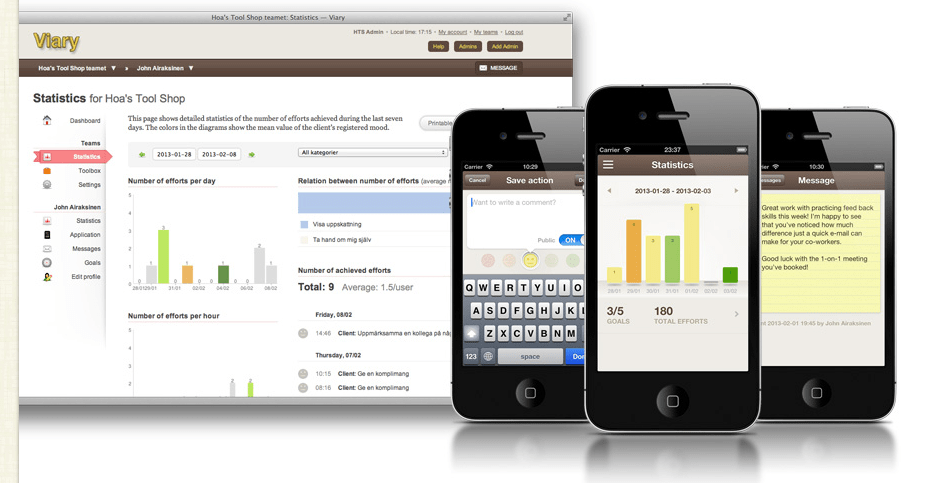There is need for more cost and time effective treatments for depression. This is the first randomised controlled trial in which a blended treatment – including four face-to-face sessions and a smartphone application – was compared against a full behavioural treatment. Hence, the aim of the current paper was to examine whether a blended smartphone treatment was non-inferior to a full behavioural activation treatment for depression.
Methods
This was a randomised controlled non-inferiority trial (NCT01819025) comparing a blended treatment (n=46) against a full ten-session treatment (n=47) for people suffering from major depression. Primary outcome measure was the BDI-II, that was administered at pre- and post-treatment, as well as six months after the treatment.
Results
Results showed significant improvements in both groups across time on the primary outcome measure (within-group Cohen’s d=1.35; CI [−0.82, 3.52] to d=1.47; CI [−0.41, 3.35]; between group d=−0.13 CI [−2.37, 2.09] and d=−0.10 CI [−2.53, 2.33]). At the same time, the blended treatment reduced the therapist time with an average of 47%.
[lightbox link=”http://www.carlbring.se/wp/wp-content/uploads/2015/10/Viary_diagram.png” thumb=”http://www.carlbring.se/wp/wp-content/uploads/2015/10/Viary_diagram-620×563.png” width=”620″ align=”center” title=”Viary_diagram” frame=”true” icon=”image” caption=””]
Conclusions
We could not establish whether the blended treatment was non-inferior to a full BA treatment. Nevertheless, this study points to that the blended treatment approach could possibly treat nearly twice as many patients suffering from depression by using a smartphone applica¬tion as add-on. More studies are needed before we can suggest that the blended treatment method is a promising cost-effective alternative to regular face-to-face treatment for depression.
Read the full paper:
Ly, K. H., Topooco-Hjalmarsson, N.,Cederlund, H., Wallin, A., Bergström, J., Molander, O., Carlbring, P., & Andersson, G. (2015). Smartphone-supported versus full behavioural activation for depression: a randomised controlled trial. PLoS One, 10, e0126559. doi: 10.1371/journal.pone.0126559
